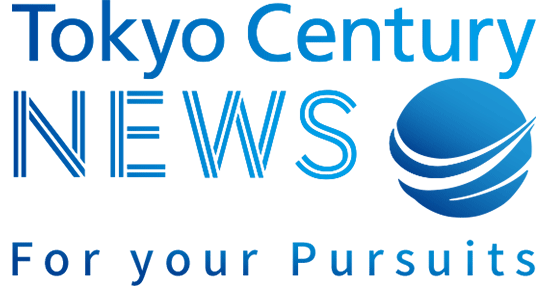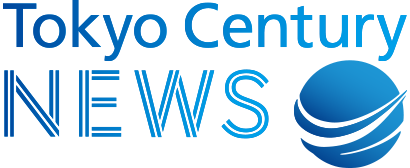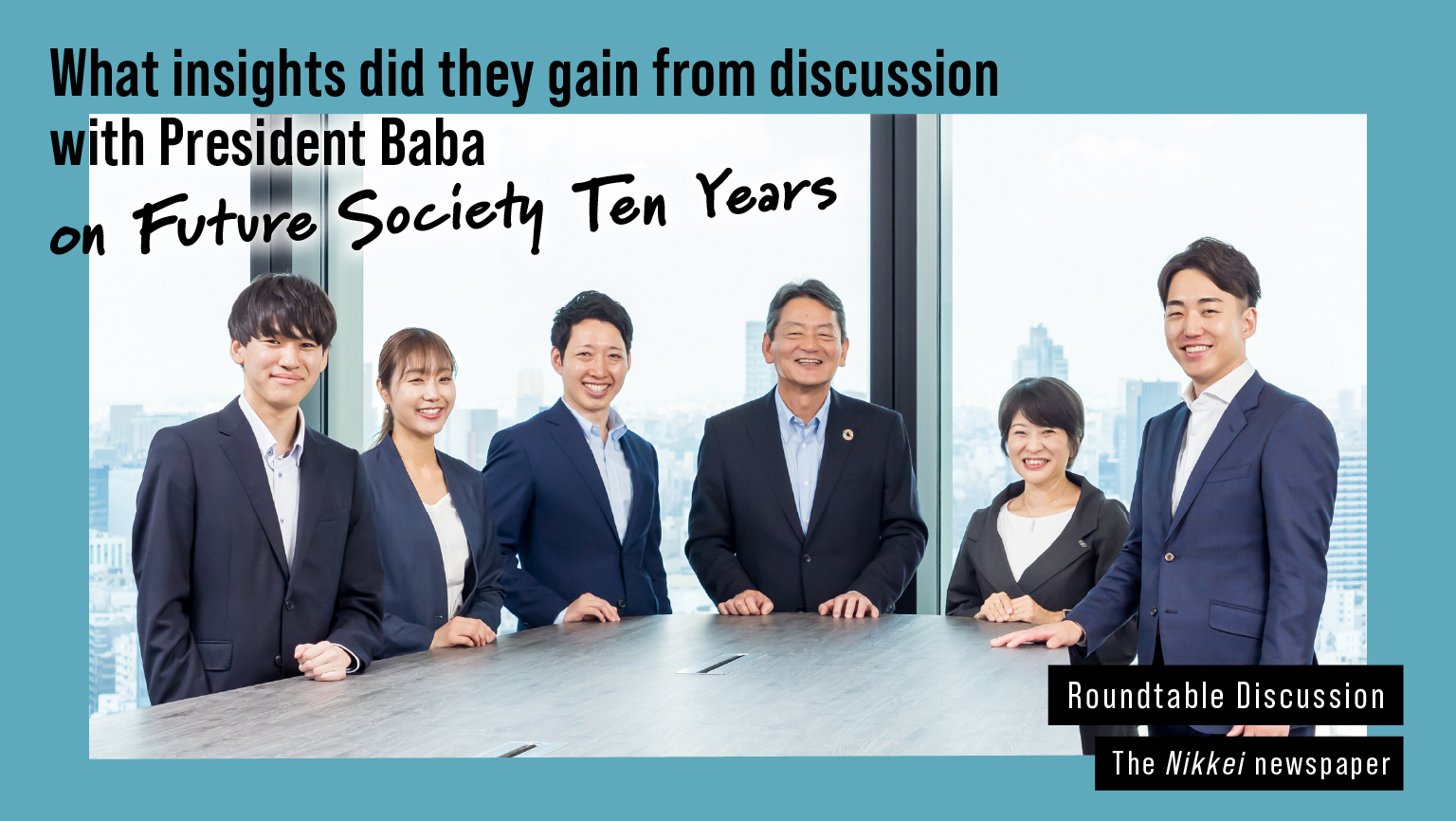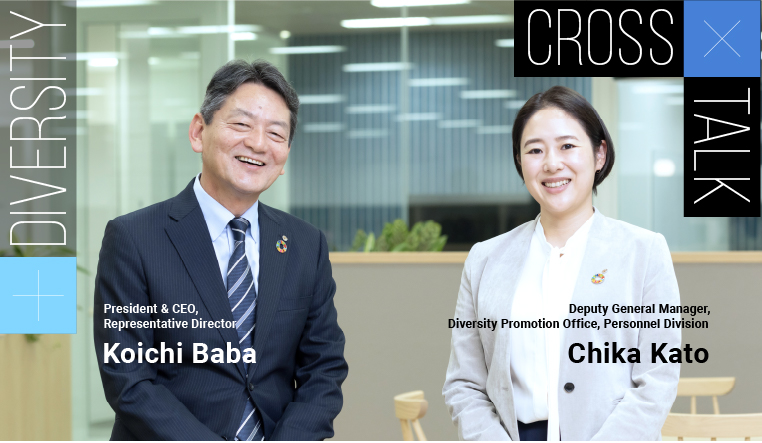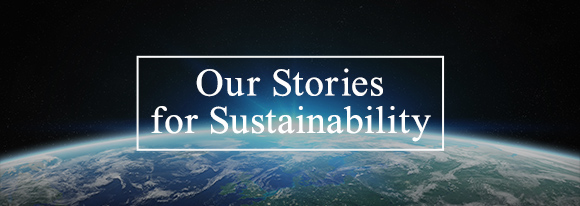
The Season of Transfers Has Arrived—Employees Share How They Personally Adapted with Room for Growth through Transfers
Apr 13, 2022
Many companies in Japan reshuffle personnel in the spring. While some employees may be stimulated by new environments, others may feel strange and confused. How can one stay motivated in an unfamiliar job or in new relationships? What kind of changes and growth can be experienced through transfers? We interviewed three employees who have experienced multiple transfers and significant changes in their responsibilities since joining the company. We hope that you will find their experiences useful as case studies.
Placing Yourself in a Different Environment Helps You Realize New Possibilities for Yourself
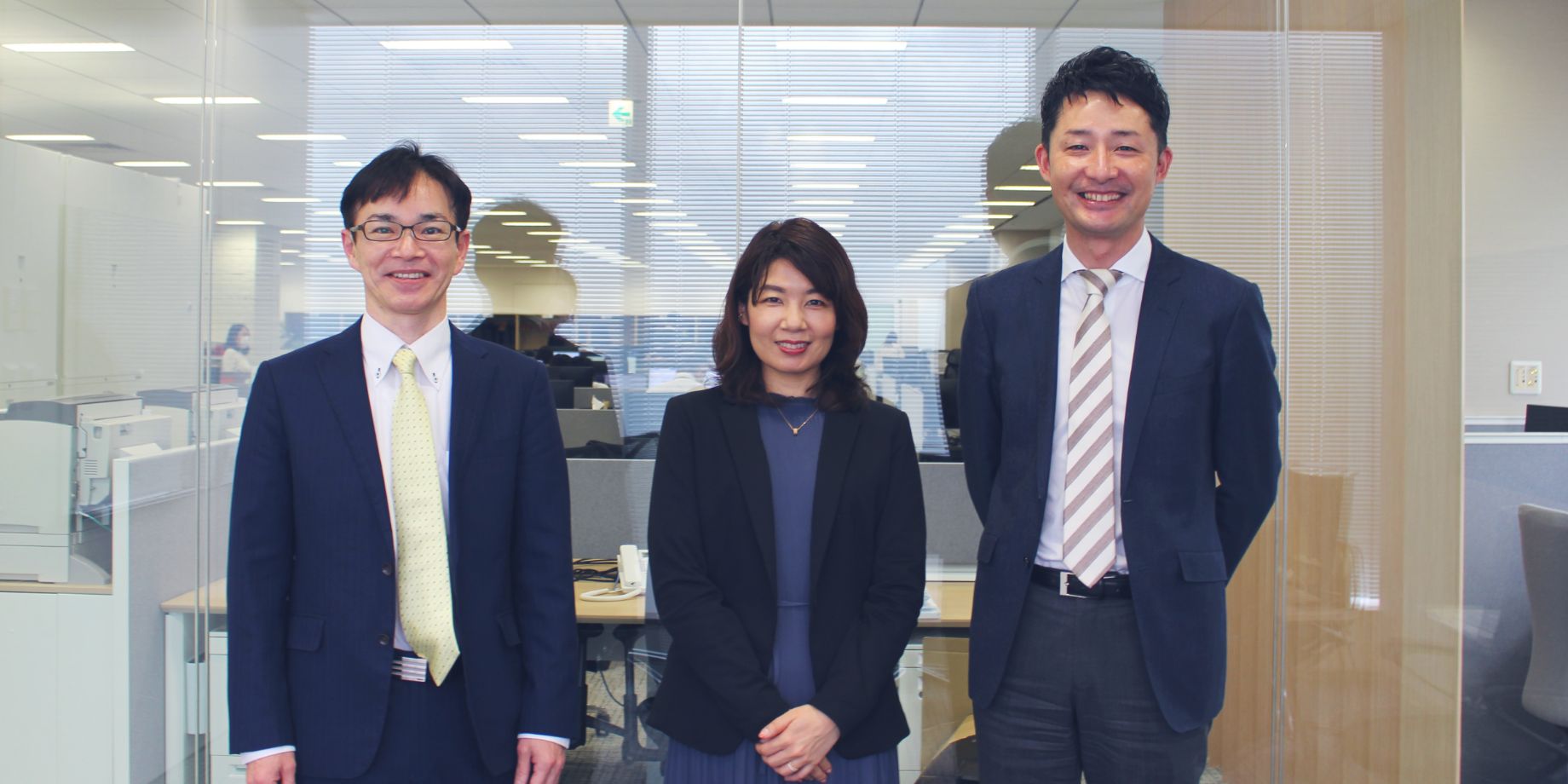
From left to right: Yoshihiko Muraoka, Shiho Tamaki and Makoto Sato
――First of all, could you tell us about your backgrounds?
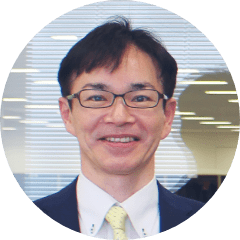
Muraoka
My first assignment at the company was in the Loan Division, which at the time was a relatively smaller team in the sales organization and primarily engaged in Equipment Leasing. I was subsequently transferred to the business division in Equipment Leasing, and after a secondment, was assigned to the Project Business Division. About six months before the merger between Tokyo Leasing Co., Ltd. and Century Leasing System, Inc., I was moved to the Personnel Division. I was then transferred to the Structured Finance Division in Specialty Financing, and I’m currently at Real Estate Finance Division II.
I first worked in sales in Equipment Leasing in Osaka for about six years, then was transferred to IT Equipment Business Division I in Tokyo for about six years. I was later moved to the Personnel Division, where I was in charge of hiring and training for seven years. Two years ago, I returned to IT Equipment Business Division I and have been here ever since.
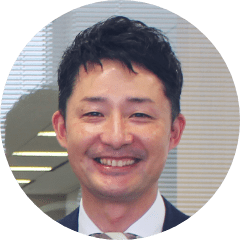
Sato
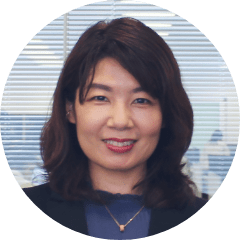
Tamaki
I started out at the company as a sales representative in Equipment Leasing in Osaka for approximately four years. Then I was transferred to Tokyo in 2006. The merger took place while I was on maternity and childcare leave. In 2010, I returned to work and was assigned to a business division in International Business. In 2012, I was transferred to the International Business Management Division (currently the International Business Strategic Planning Division), and since October 2021 I’ve been working for the Environmental Management Office at the Risk Management Division.
――You all have experienced transfers across lines of business. How did moving into different divisions affect your mindset and personal growth?
I had been in sales in Osaka and Tokyo since joining the company. So, when I was informed of the transfer to the Personnel Division, I thought, “Why me?” And although I was shocked at the time, I was excited by the prospects of a new experience.
Recruitment activities go through a certain annual flow, starting with interviewing applicants, which is followed by screenings, job offers, and post-employment training. I think I’ve acquired a different kind of planning ability than in sales in terms of how I can keep work on schedule.
I also think that my first assignment in Osaka significantly impacted my attitude going forward. Although I didn’t know the area or the job and didn’t have any friends, I thought I could only gain and see how much I could grow. And I feel I did actually grow over the six years.

Sato
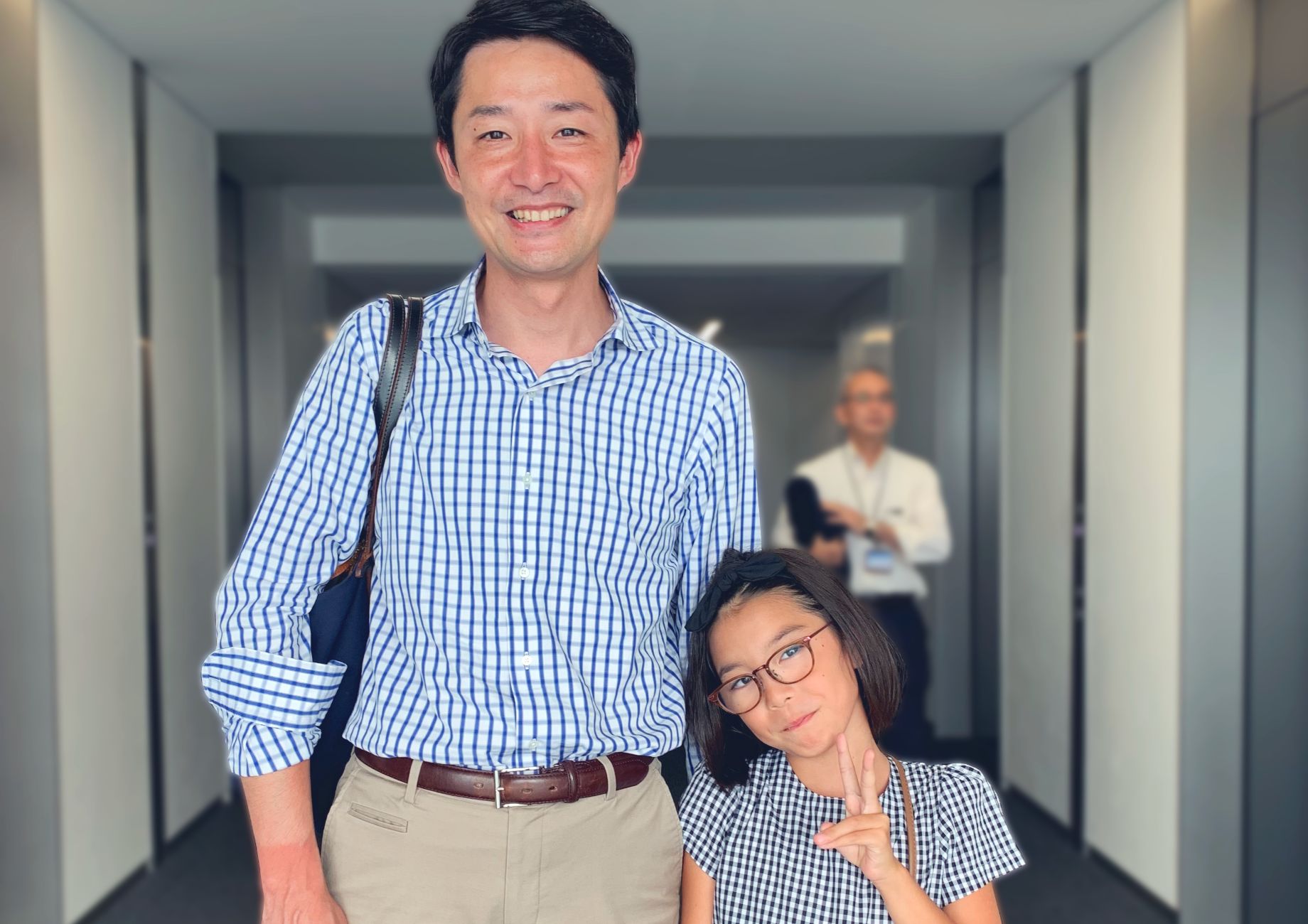
With daughter during Family Day, when children visit the office

Muraoka
Like Mr. Sato, I was also a little perplexed when I was transferred from sales to the Personnel Division. Every time I was transferred, I felt a little uneasy about being involved in work I’d never done before. But in my 30s, I gradually began to change the way I looked and felt about things.
While such an unexpected transfer has left me feeling a little confused and anxious, I believe that the company had a purpose or reason for the transfer, apart from my own wishes. In the couple of weeks between the unofficial announcement and actual transfer date, I was able to change my mindset toward considering the kind of role I would be expected to play in the new division as I prepared myself. Since then, I’ve been able to accept each transfer with a positive attitude.

Tamaki
In my case, the merger coincided with my maternity and childcare leave, and I also returned to work to a division where I hadn’t had any experience. I was extremely busy balancing childcare and work, and frankly I don’t remember much of those days.
After I returned to work, though, I had a lot of opportunities to work with foreign vendors on expansive international business. I feel that it was a good opportunity to learn the direction of business development for the Group.
Accumulated Experience Became the Foundation for Helping Adapt to Change
――Have you ever felt that your experience in your previous divisions has been useful in your new place of transfer?

Tamaki
The main role of the International Business Management Division is to support the operations of the Group’s overseas subsidiaries. In more than a few cases when communicating with those in charge at these subsidiaries, I had to make requests that seemed very difficult for the local staff.
In these situations, I tried to provide useful information. Even if it was not directly related to the project at hand, insofar as the information was useful for local business development, I consciously provided as much as I could. When I was in sales, I provided customers with relevant information to their business, and they were very pleased with it. I think I was able to apply this experience and attitude within the company and the Group.
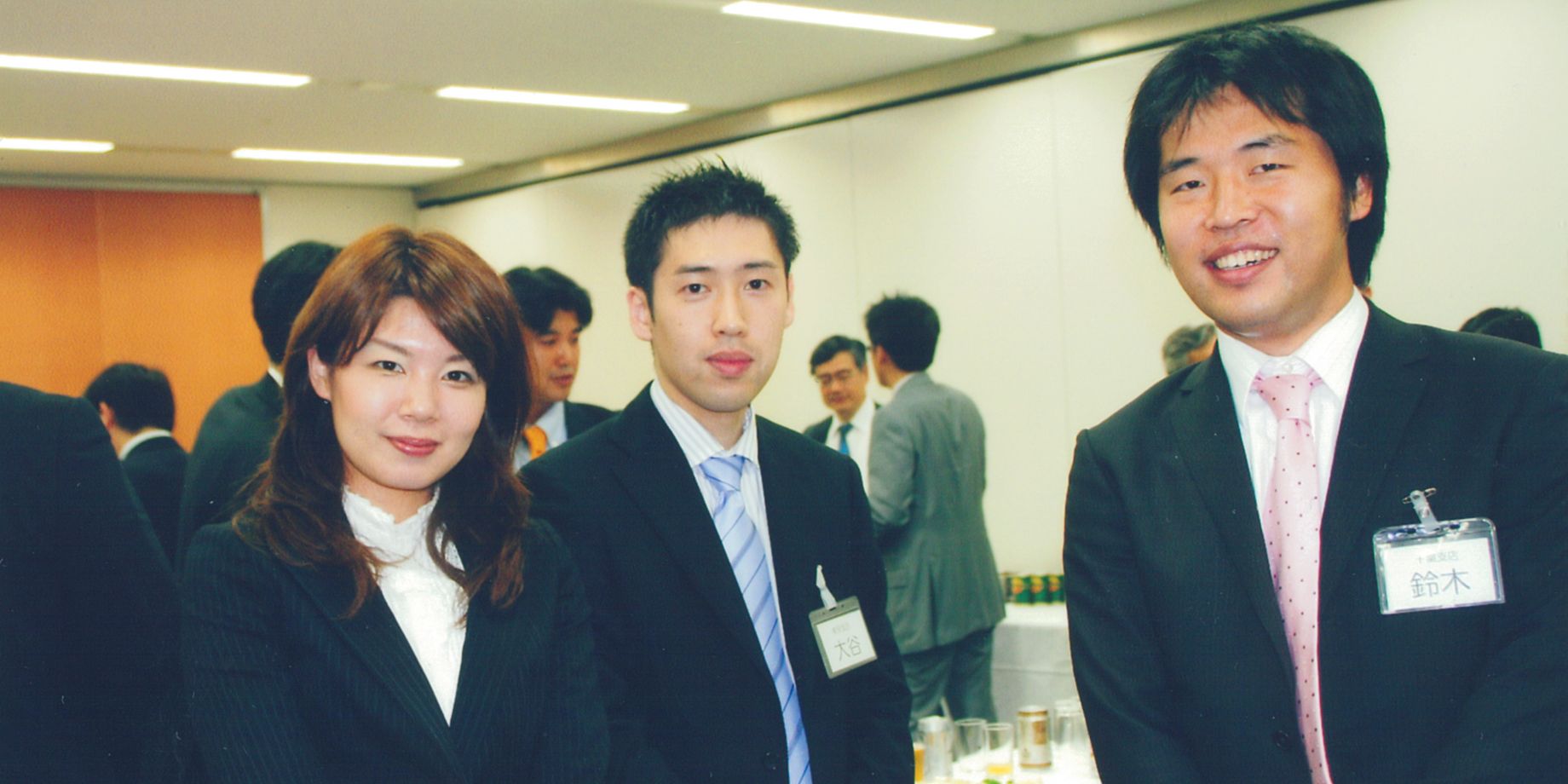
Receiving award for outstanding job performance at pre-merger Tokyo Leasing
Even if your customer or work changes, what you can do doesn’t change much. In sales, you offer proposals that benefit customers, and in recruiting activities, you promote the appeal of Tokyo Century to students. These activities are fundamentally the same. Simply put, you correctly identify what is needed to make your customers happy. When I was in the Personnel Division, I received this advice from a senior colleague, and I was inspired to apply my past experiences more often.
While I was in the Personnel Division, I often reminded myself that I represented the company, at least for the students in front of me. I asked for help from various divisions and tried to understand the characteristics of each business and the culture of each division as much as I could, and in the process, I gained a much deeper understanding of the Group as a whole than I had when I was in sales.

Sato

Muraoka
Over the past few years since the merger and company name change, our business development has become particularly dynamic. We have more partners to work with, and I feel that consensus building with those involved has become even more important. In the division I’m currently in, I’m working on a project for redeveloping a public wholesale market in a municipality, which is being promoted through a public-private partnership and where the sense of value really varies depending on position and affiliation. I’m keenly aware at times that what’s normal for me is not always the same for others.
But the sense of fulfillment is exceptional for all the hard work. I felt the same way when I was in the Personnel Division. Just after the merger took place, our major mission was to create new systems, including employment regulations and personnel evaluation standards. HR experts from both companies got together and engaged in uncompromising discussions. In that process, I kept encouraging my colleagues to avoid thinking about which system was better for the previous entities and to consider the kind of system or structure that would be best for the new company. As a result, a sense of unity emerged as being part of a new organization, and the team became more open. I often recall that the construction of the current portal site for employees, which outlines company procedures for life events such as marriage, childbirth, and moving out, was one of the outcomes of our teamwork.
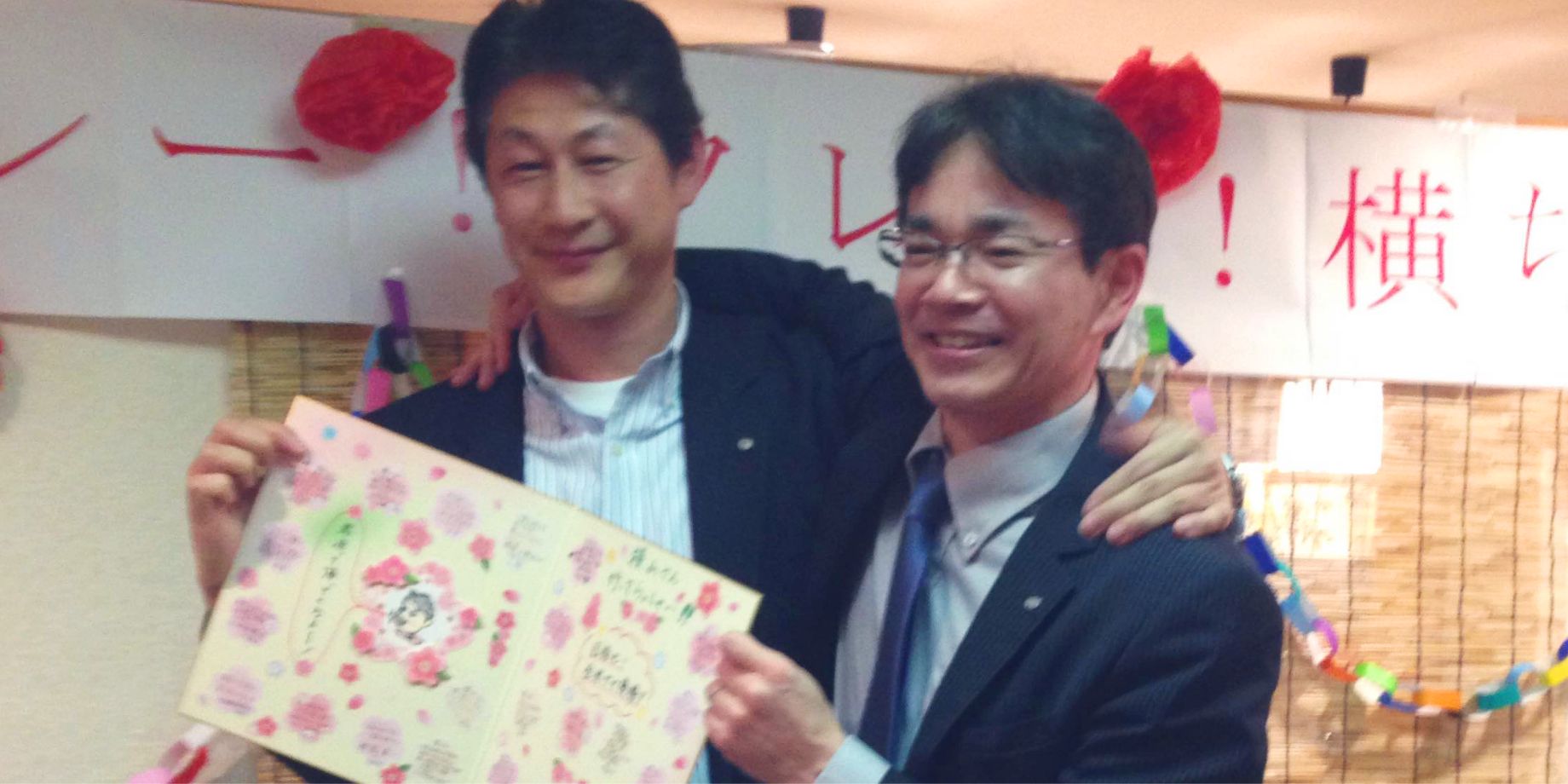
Send-off party for then-supervisor (left), with whom he worked until late every day in the Project Business Division
――Could you tell us what you care about when handing over a job to the next person in charge and what you keep in mind when adapting to a new division?

Muraoka
Maintaining relationships of trust places significant pressure on successors, so I try to prevent them from experiencing even the slightest of psychological burdens by sharing as much information as possible about the business characteristics of their customers and personalities of their contacts. In my own transfers, although I’m relatively older in terms of age, company experience and being assigned to higher positions, I always seek to learn more from those around me. I value opportunities to expand my knowledge.
In the Personnel Division, I read through the three labor acts─the Labor Standards Act, the Labor Union Act, and the Labor Relations Adjustment Act─at the recommendation of my then-supervisor. Learning more about acts and laws has given me an opportunity to reconsider my work style.
IT Equipment Business Division I collaborates with the IT vendors of its cooperative partners on many projects for government and municipal offices. Preparing effective proposals requires building relationships with the sales representatives of those IT vendors. So, when I left a division, I used business card management software and other tools to save data on basic customer information, project status, and correspondence with those in charge at cooperating partners, which allowed me to pass on the details.

Sato

Tamaki
I try to create as detailed a manual as possible to visualize my work so it doesn’t get personal. I also try to keep and organize detailed records of my work where I’m transferred. It is a good way to look back, and it can be passed along the next time I’m transferred.
Actively Welcome an Uncharted Territory and Continue to Take on Ambitious Challenges

――Finally, what future challenges would you like to take on at Tokyo Century?

Tamaki
I’d like to deepen my understanding of my work related to environmental management systems in my current division. In the distant future, I want to continue to grow without becoming complacent, so that I can firmly support Tokyo Century in developing business with the 3Rs (reduce, reuse, and recycle) and in initiatives toward an environmentally sound, sustainable economy and society.
After returning to work, I had gone through a series of hardships in my new division and was often supported by those around me. So, I would be pleased if I could help create a more comfortable work environment by sharing my experience with everyone struggling to balance family and work.
Amid the COVID-19 pandemic, I’ve heard that young employees in particular are having a hard time with limited means of communication. Based on my experience in the Personnel Division, I think it’s important to support employees in the midst of these major changes, and I’m now thinking about how to assist young employees who are experiencing these problems.
Beyond fulfilling my responsibilities as a sales representative, I’d like to utilize the cross-divisional connections I’ve built up so I can actively encourage collaboration. At the same time, as a senior employee, I want to create an environment in which everyone can continue to work freely.

Sato

Muraoka
Real Estate Finance Division II is working on a public-private partnership project on a 30-year lease. Since such a long-term project is rare for the division, and all division members are enthusiastic and hopeful that it will serve as an example of further expanding the potential of our cooperative business, it is being actively promoted in each of the Group’s business areas.
In addition, although this is my own idea, I’d like to create a business that will someday help foster our corporate culture. While receiving new stimulation wherever I’m transferred, I’ll continue to grow and take on ambitious challenges. I’ll continue to work hard to have many people inside and outside the Group see me in this way.

Yoshihiko Muraoka
Real Estate Finance Division II and Medical & Healthcare Division
Upon joining the company, he was assigned to the Loan Division and then engaged in sales in Equipment Leasing. He was subsequently transferred outside the company to the Project Business Division and the Personnel Division and then moved to the Specialty Financing segment, where he began working in the Structured Finance Division. In 2018, he was moved to Real Estate Finance Division II, and since 2022 he has been general manager of Real Estate Finance Division II and the Medical & Healthcare Division.

Makoto Sato
IT Equipment Business Division I
He began his career at the company in Equipment Leasing sales in Osaka. He was then transferred to Tokyo, where he continued to work in Equipment Leasing at IT Equipment Business Division I. He was later moved to the Personnel Division, where he took charge of recruitment and employee training, then returned to IT Equipment Business Division I in 2020, where he has been since then.

Shiho Tamaki
Risk Management Division
Her first company position was in Equipment Leasing sales in Osaka, and she was subsequently transferred to Tokyo. After taking maternity and childcare leave, she moved to the International Business segment, where she worked in sales and sales supervision. Since 2021, she has been in charge of the Environmental Management Office of the Risk Management Division.
*The contents of the article and the position titles are as of the date posted.
RECOMMEND ARTICLES
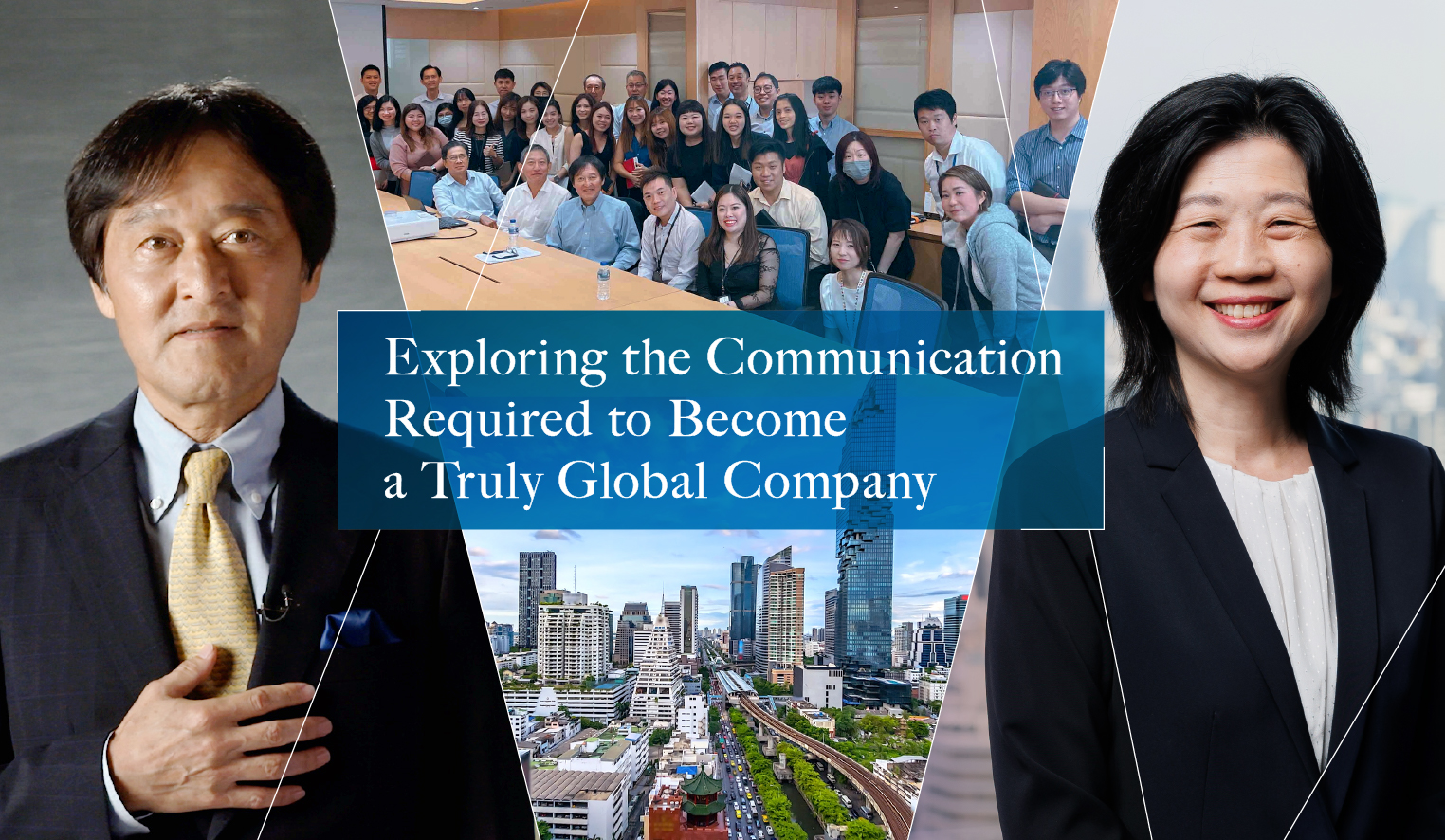
—Exploring the Communication Required to Become a Truly Global Company
Aug 21, 2024
Communication has be…

Dec 20, 2023
New risk factors hav…
